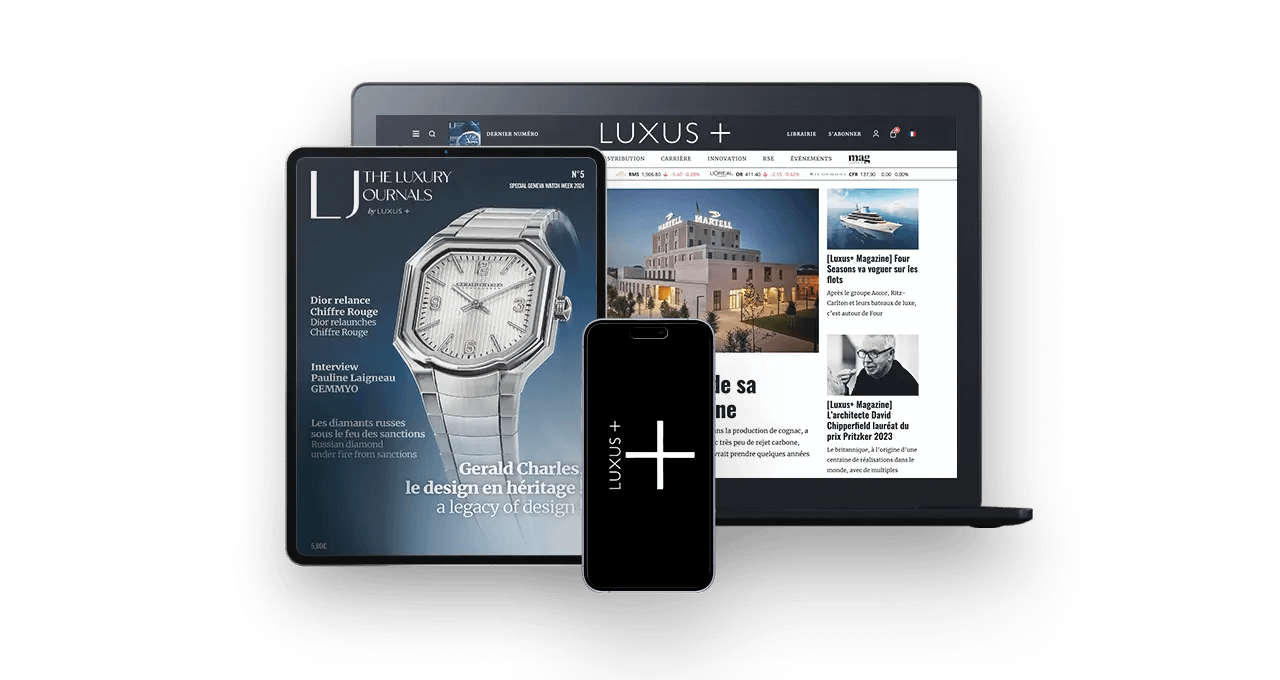The prospect of a second term for Donald Trump is raising serious concerns about its impact on the global economy and financial markets. Laurent Denize, Global Co-Chief Investment Officer at Oddo BHF, analyzes the potential repercussions of Trump’s economic policy on various sectors and regions.
The possibility of a second term for Donald Trump is giving rise to much speculation as to its impact on the global economy and financial markets.
In his May “Monthly Investment Brief”, Laurent Denize, Global Co-Chief Investment Officer at Oddo BHF, describes the potential repercussions of Trump’s economic policy, with notable consequences for various sectors and regions.
“The specter of the second Trump act could have a greater impact on investor sentiment in the coming months,” he said.
Impact on the economy and financial markets
With regard to growth, Laurent Denize asserts that the impact of a re-election of the former occupant of the White House should be slightly positive initially, but this effect could be quickly offset by imported inflation. This inflation would be the result of “looser monetary policy and a steeper yield curve”, leading to increased pressure on the central bank.
Among other things, the expert predicts that Trump’s re-election would support “the US dollar, energy stocks, US equities, US credit, domestic cyclicals and would be mainly positive for small caps”.
However, he notes that European, German and Chinese equities could be the big losers in this scenario.
Luxury goods and automobiles targeted by tariffs?
One of the central points of Trump’s policy is the re-evaluation of international trade relations. Targeted tariffs could significantly affect several European sectors.
First and foremost, the old continent’s automotive industry could find itself on the front line of a potential trade war, due to higher import tariffs in the EU than in the US. According to Laurent Denize, “a 10-point increase in tariffs would lead to a 20% drop in export volume between the EU and the US for all exposed European automakers”.
The luxury goods industry, which generates 20% of its sales in the US, would also suffer from an increase in tariffs.
“Its pricing power has been eroded by inflation”, making this industry particularly vulnerable to such measures, explains Oddo BHF’s Global Co-Chief Investment Officer.
Trade retaliation
Trade tensions would not be limited to tariffs. EU countries that have adopted a tax on digital services, aimed primarily at US companies, could face retaliation.
Laurent Denize points out that these retaliatory measures could target “primarily high-tech companies in key European countries: France, Italy, Spain”.
Export restrictions on security-related technologies could also attract countermeasures from the USA.
A second term for Donald Trump could thus bring significant upheavals in the global economy. While some US sectors could benefit from such a presidency, European industries, notably automotive and luxury goods, as well as high-tech companies, could face increased challenges. Investors and economic players will be keeping a close eye on these developments in the months ahead.
Read also>XI JINPING IN FRANCE: A DIPLOMATIC VISIT AWAITED BY COGNAC AND LUXURY BRANDS
Featured photo : © Press






































